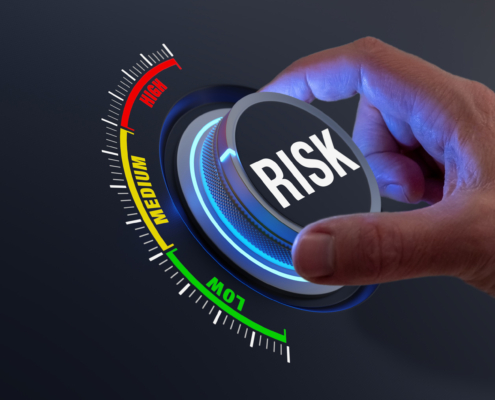
Exploring the Balance of Innovation & Responsibility
In our recent webinar, industry leaders examined the intricacies of leveraging AI responsibly to enhance compliance strategies while safeguarding data privacy and ethics. Featuring a panel of industry experts including Shannon Barnes, Ajit Tharaken, and Catherine Woods, this blog post summarizes the key insights shared during the event.

The Risks of De-Risking
Compliance officers are guardians at the gate: protecting their organization and the global financial system from abuse while also ensuring that licit funds flow undisturbed. This is a delicate balance, as global regulations continue to grow in complexity, prompting some financial institutions to de-risk from high-risk clients. What are high-risk clients? Must a bank cease its relationships with these clients?

How has Terrorism Financing Changed Since 9/11?
While financial provisions enacted after the terrorist attacks of 9/11 have succeeded in addressing vulnerabilities in the global financial system, terrorist organizations have developed new methods of fundraising and moving assets, including digital assets and online platforms. In this article we examine how new technologies facilitate terrorism financing and the risks financial institutions should consider.

A Review of the Financial System Post 9/11
After the terrorist attacks on September 11, 2001, the private sector, especially financial institutions, began to play a vital part in protecting the U.S. and global financial systems. In this article we examine the changes to the financial system that resulted after 9/11 and discuss how the role of financial institutions has changed with respect to deterring and detecting the financing of terrorism.

AML Compliance for Small Businesses
Small businesses face the challenge of navigating the intricate landscape of anti-money laundering (AML) regulations. Despite the challenges posed by evolving global standards and limited resources, small businesses can use tailored strategies to fortify their compliance frameworks and thrive in a complex regulatory environment.
